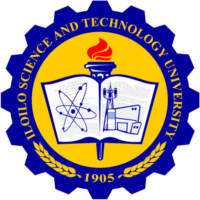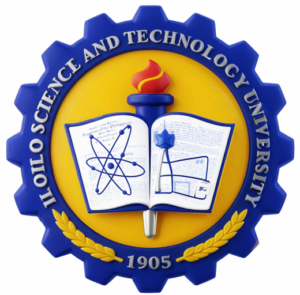To be updated on latest trends in student affairs practice, Mr. Ely S. Ciasico, Head of the Office of Student Affairs and Services attended the 16th Annual National Convention of the Philippine Association of the Administrators of the Student Affairs, Inc. on April 26-29, 2011 at the Ateneo De Davao University. The four-day Convention was packed with sessions and discussions to enhance the services and skills of the administrators of student affairs.
The first day started the Registration in the morning and the Opening program in the afternoon highlighted by the Keynote Address given by Dr. Patricia Licuanan, Chair, Commission on Higher Education. The first day ended with cocktails, socials and a short cultural presentation.
The second day was spent for plenary sessions. Plenary Session 1 was on “Global Industry Trends and Consequent Labor Demands” which was presented by three good speakers as follows: Miss Jay-jay Viray, Managing Director of JobsDB, Atty. Joffrey Suyao, Regional Director of DOLE XI and Mr. Perfecto Caganan Jr., President PMAP XI. The salient features included in their presentation showed indicators that jobseekers are becoming choosy in selecting the companies they want to work for. There are four emerging industries in the Philippines and overseas and they are Creative Industries, Diversified Strategic Farming and Fishing, Power and Utilities and Renewable Energy. These industries need the types of works such as accountants, financial analysts, I.T. professionals including hardware and software workers, creative game developers, legal and medical transcriptionists, animators, sound engineers, video editors, graphic artists and designers and similar types of workers. The speakers gave advice to students that when choosing their courses, they should know the labor demand, supply and strengths of their prospective career. Dr. H.K. Lai, I.E.D. Hong Kong was our reactor for this session.
The afternoon of the second day was allotted for Plenary Session 2 “Global Industry Trends: The Challenge to Philippines Higher Education” with Dr. Chito B. Salazar Jr., Founding Board Member, Philippine Business for Education(PHEd). He mentioned about Academic-Industry Synergy Activity (2009) Employers lenses where he emphasized that many jobholders are mismatched to their job taken with these descriptions; inadequate trainings to the position desired, poor computer literacy, insufficient technical experience and knowledge about the job, inadequate leadership potentials and managerial skills, no track record to prove skills and capabilities, and insufficient exposure and competency in work. The implications of these concerns are Empowerment of school staff, Facilitation of career orientation, Student Internship and On-the-job training, Industry linkage, More job fairs, Fair and equal recognition and enhancing curriculum, Transparency in welcoming new schools. Dr. Salazar gave conclusions on his topic that Colleges and Universities should make job placement service as priority area in student affairs by providing resources manpower in the conduct of activities that assist school personnel. There is a need to change mindset. The industry sound off needs of manpower requirements and schools should LISTEN, BELIEVE and ACT on them. He further recommended that new appointments and elections to positions in leadership in career and placement need to learn the multi-faceted functions, roles and stakeholders of the unit. Research skills need to be cultivated, supported and founded. The panels of reactors on the above mentioned topic where the following: Mr. Christopher Pio O., Educ. Supv. II, CHED XI, Dr. Desiderio N. Noveno Jr. VP for Academic Affairs, San Pedro College, Davao City and Dr. Ma Paquita D. Bonnet, DLSU , PAASA Nat’l President, Day 2 ended with a sumptuous dinner and fellowship night.
Day 3 was quite a heavy day for the student affairs and practitioners. Plenary Session 3 was on “Competencies of Student Affairs Practitioners” discussed by Dr. Adelaida C. Fronda, Immediate Past President, PAASA Inc. She elucidated the competencies such as Advising and helping, Assessment, Evaluation and Research, Equity, Diversity and inclusion, Ethical Professional Practice, History, Philosophy and Values, Human and Organizational Resources, Law, Policy and Governance. She also stressed out three kinds of competence: Intellectual competence, Physical and manual skills and Interpersonal competence. She also shared how practitioners are to be developed which are Developing competence, Managing emotions, Moving through autonomy towards interdependence, Developing mature interpersonal relationships, Establishing identity developing purpose and Developing integrity. After the Plenary Session, The participants were grouped for the round table discussion to share their best practices in their respective institutions. “Overall, the convention provided me worthy new ideas and fresh insights that I can also share to my fellow Student Affairs Practitioners in local scene and gained some applicable techniques for a better service in the Student Affairs Office.”

